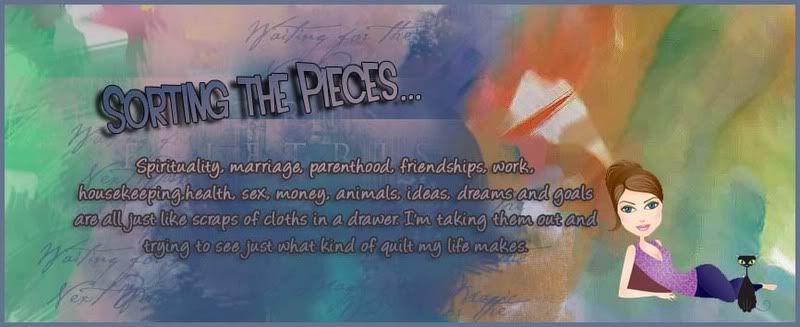Book Number Four
The subtitle of Outliers is The Story of Success. Now I'm a sucker for motivational stories. I like learning about people who achieve goals and make something of themselves. They inspire me, at least for a little while, to get more focused and get things done. However, I also get a little nauseous when I hear someone talk about how somebody achieved great things all on their own with little or no help along the way. My first thought is usually "that ungrateful bastard."
Outliers is the very first book I've read about successful people that looks at the multiple factors, sometimes beyond an individual's control, that go into somebody being an exceptional success. The profiles include Bill Gates, Robert Oppenheimer, The Beatles, and people I've never heard of before but who have broken ground in fields like hockey, computers and corporate law. With all of the successful people it profiles, Outliers starts with talent, discipline and hard work as factors that they all possess. It doesn't minimize their importance. In fact, it gives people credit for possessing gifts beyond the ordinary. It stresses the importance of hard work. (10,000 hours of practice before mastery is achieved will stay in my mind for a long time. I confess I started calculating the number of hours I've spent writing but gave it up to get back to the book.)
Quoting Gladwell is the best way I can express why I love this book so much, "Everything we have learned in Outliers says that success follows a predictable course. It is not the brightest who succeed. If it were, Chris Langan would be up there with Einstein. Nor is success simply the sum of the decisions and efforts we make on our own behalf. It is, rather, a gift. Outliers are those who have been given opportunities -- and who have had the strength and presence of mind to seize them." On the next page, he continues, "To build a better world we need to replace the patchwork of lucky breaks and arbitrary advantages that today determine success -- the fortunate birth dates and happy accidents of history -- with a society that provides opportunity for all."
I can already hear my conservative friends snorting at the idea of fortunate birth dates. This isn't talking about astrology or something unquantifiable. Outliers explains in detail how one generation, born in a population trough, came of age when a previous boom generation was leaving a job market, and the boom following them was just beginning to show greater consumer needs. I can't help thinking about the difference between a college graduate in 2008 when new grads were a hot commodity in the employment market and someone who'll be facing the 2010 job market. That 2008 grad will have logged some professional hours in their first couple of years of adult work. How many upcoming graduates will be in dead end jobs for a couple of years trying to get some stability on their resume but not building additional skills? Two years is a blink of the eye, but if I were looking at two job candidates with identical collegiate experiences, one with a few of years experience in my field, the other with clerical work and high hopes, I know which one would have the advantage even before an interview began.
I enjoyed the research that went into this book. We have charts from scientific studies, sport stats, samples of IQ tests, airplane black box interviews, and just good documented research whether you agree with Gladwell's conclusions or not. The book has wonderful asides in the footnotes that just add to the reading pleasure. There's just so much good stuff here that it needs going over again. Outliers has also made me want to purchase Gladwell's other two books, Blink and The Tipping Point.
Outliers: The Story of Success was published by Little, Brown and Co. in 2008.










2 Comments:
If you keep writing reviews like this, you're going to make me start reading again, even though I have absolutely no time for it!
I often thank the Universe for opportunities put before me, and I sometimes even try to take advantage of them. I may not be the epitome of success (I seem to be dragged there kicking and screaming most of the time) but I have been able to make a few things happen in my life. That's important to me.
I read Gladwell's Blink and loved it. Before I read that I felt so...isolated...by the fact that I've always done what he describes. I really like reading him.
Post a Comment
Subscribe to Post Comments [Atom]
<< Home